Mozilla CEO Hints at Developing iPhone Browser without WebKit
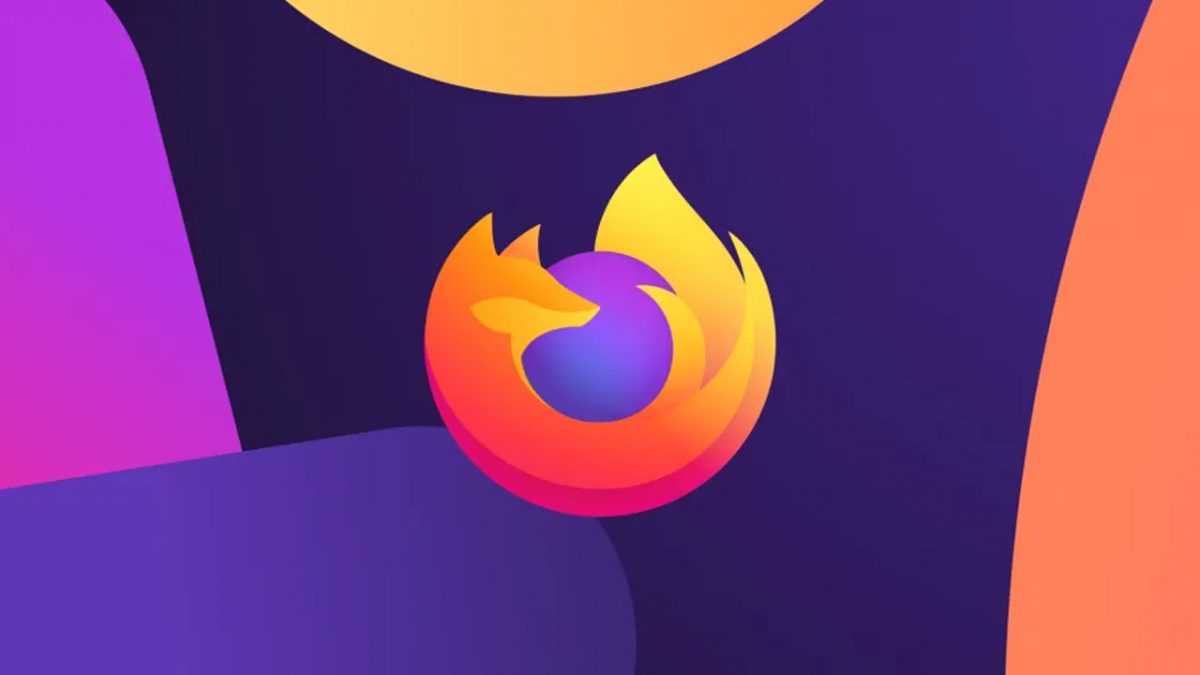
New regulatory requirements being introduced in the European Union may compel Apple to abandon its longstanding practice of mandating the use of the WebKit engine in all iPhone and iPad browsers, including Safari. The Verge recently conducted a detailed interview with Mozilla Chair and CEO, Mitchell Baker, which covered a wide range of topics, including Apple's potential response to these regulatory developments.

As a reminder, Apple has a longstanding policy of mandating that third-party browsers utilize the WebKit engine, which is also used by Safari. Consequently, iPhone and iPad browsers, such as Chrome and Firefox, have virtually the same performance capabilities as Safari. However, the introduction of the Digital Markets Act in Europe could potentially compel Apple to reconsider this policy. As early as the release of iOS 17 this fall, there is a chance that Apple may abandon the WebKit engine requirement. In fact, recent reports suggest that Google and Mozilla have already begun preparations for this potential shift.
In response to questions about these recent reports, Baker clarified that Mozilla is continually developing a browser for iPhone and iPad that is not reliant on WebKit. ‘We’re always kind of working on it and looking at, “Well, what could we do if we had the ability to offer the product we want?” So we’re always looking at it.’
However, she stopped herself before declaring anything concrete. ‘When we’re ready to talk about that, you’ll see it up here.’
Baker also observed that mobile phone users are generally more open to considering alternative browsers than users of other platforms. She explained that, unlike on other devices, the use of browsers on mobile phones is more fluid, and users may be more willing to explore other options.
During the interview, she revisited this topic and added that, historically, users require a significant incentive to switch from their default browser. Given the entrenched usage of Google and Microsoft systems, it would be challenging to persuade users to adopt a new browser on other devices. However, on mobile phones, users may be more open to exploring alternatives, and they may be more likely to switch from Safari than from other browsers on other devices.
Baker highlighted the importance of examining the closed nature of mobile phones, including not only the WebKit requirement but also system defaults. She explained that this issue concerns both the engine that can be used at the technological level, where Mozilla is unable to build its full product on iOS, and system-level defaults. Baker pointed out that the operating system can limit user choice even after users set an alternative browser as their default.
When asked if Mozilla has directly discussed its concerns about default browsers and distribution with Apple, Baker declined to make any worthwhile comment, landing on a definitive ‘Oh, I think I’m not going to go there.’
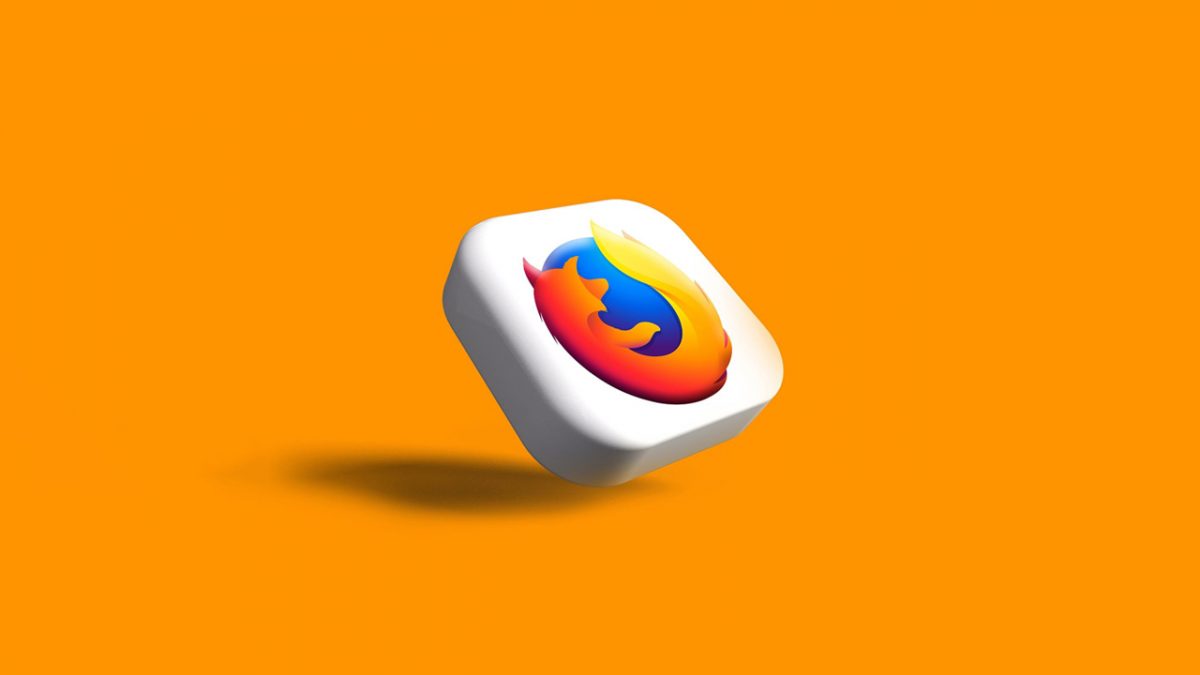




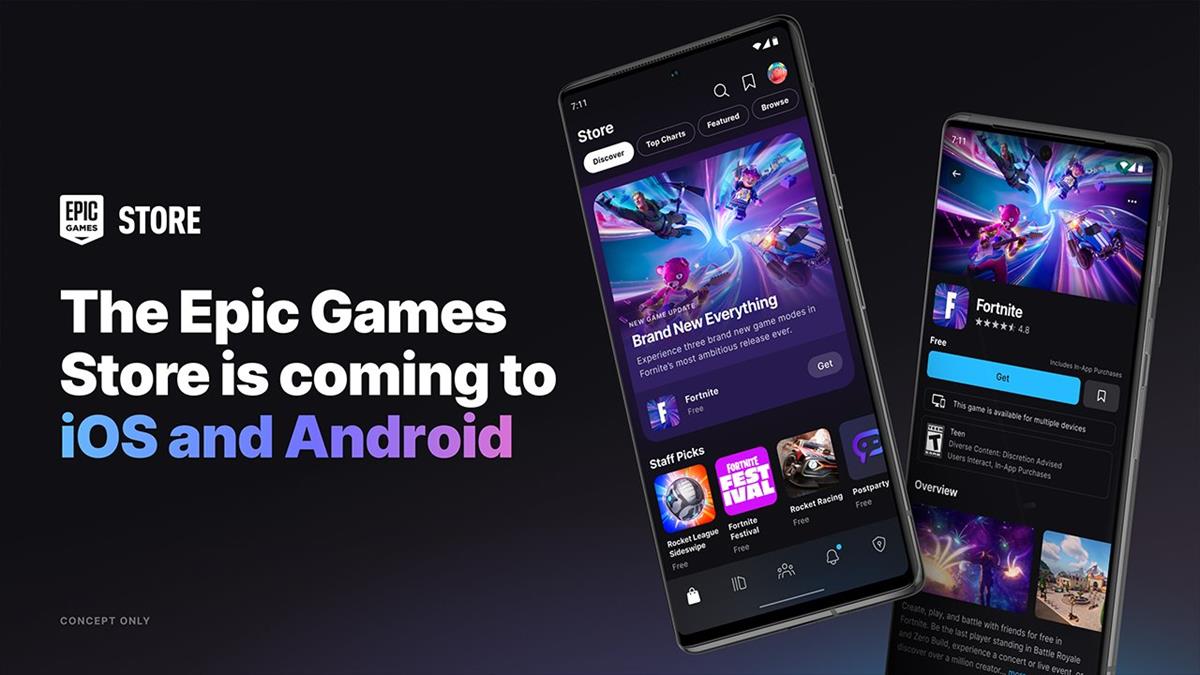
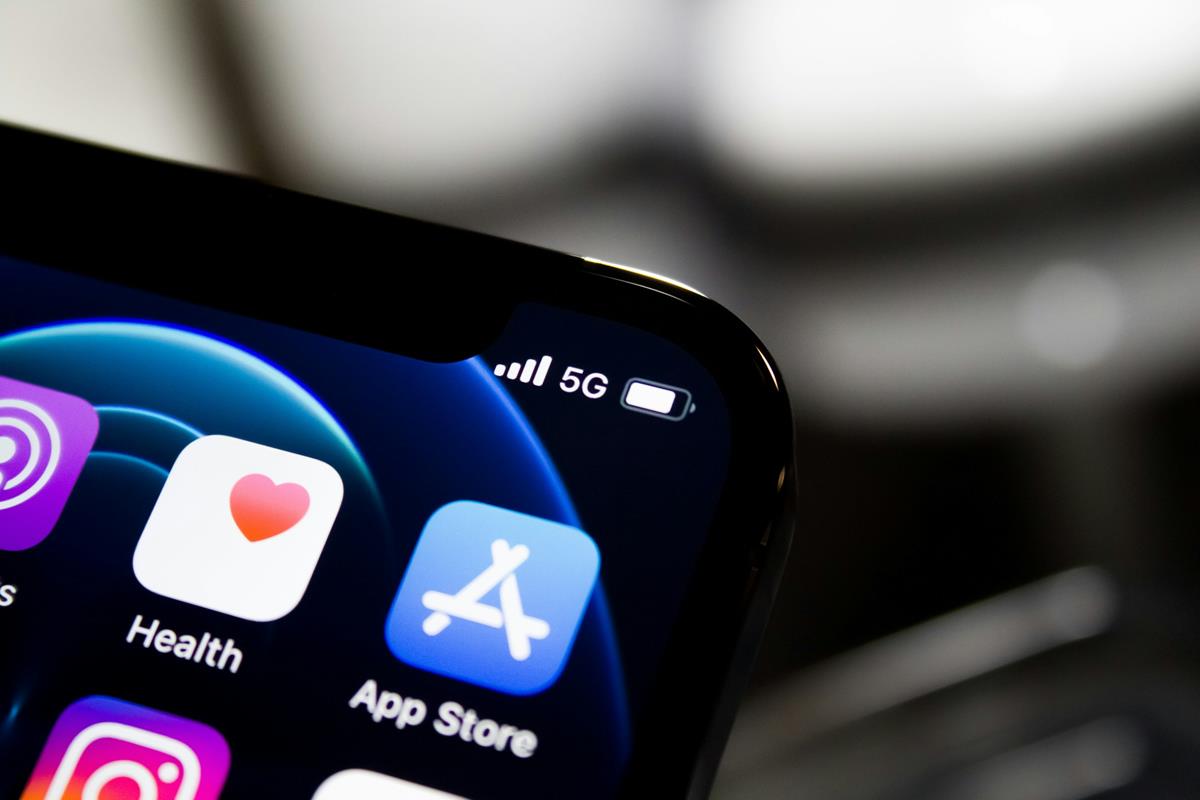
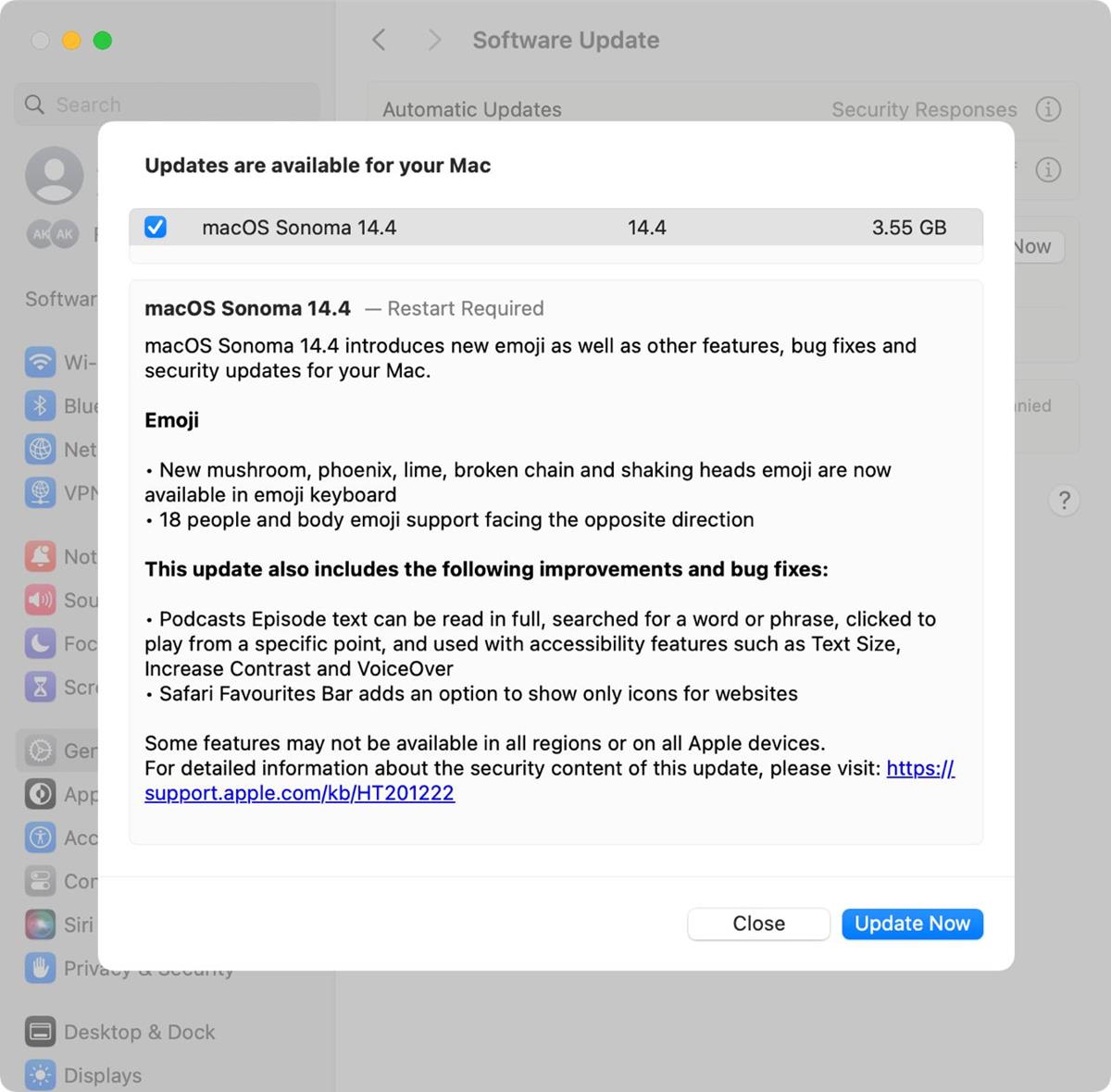


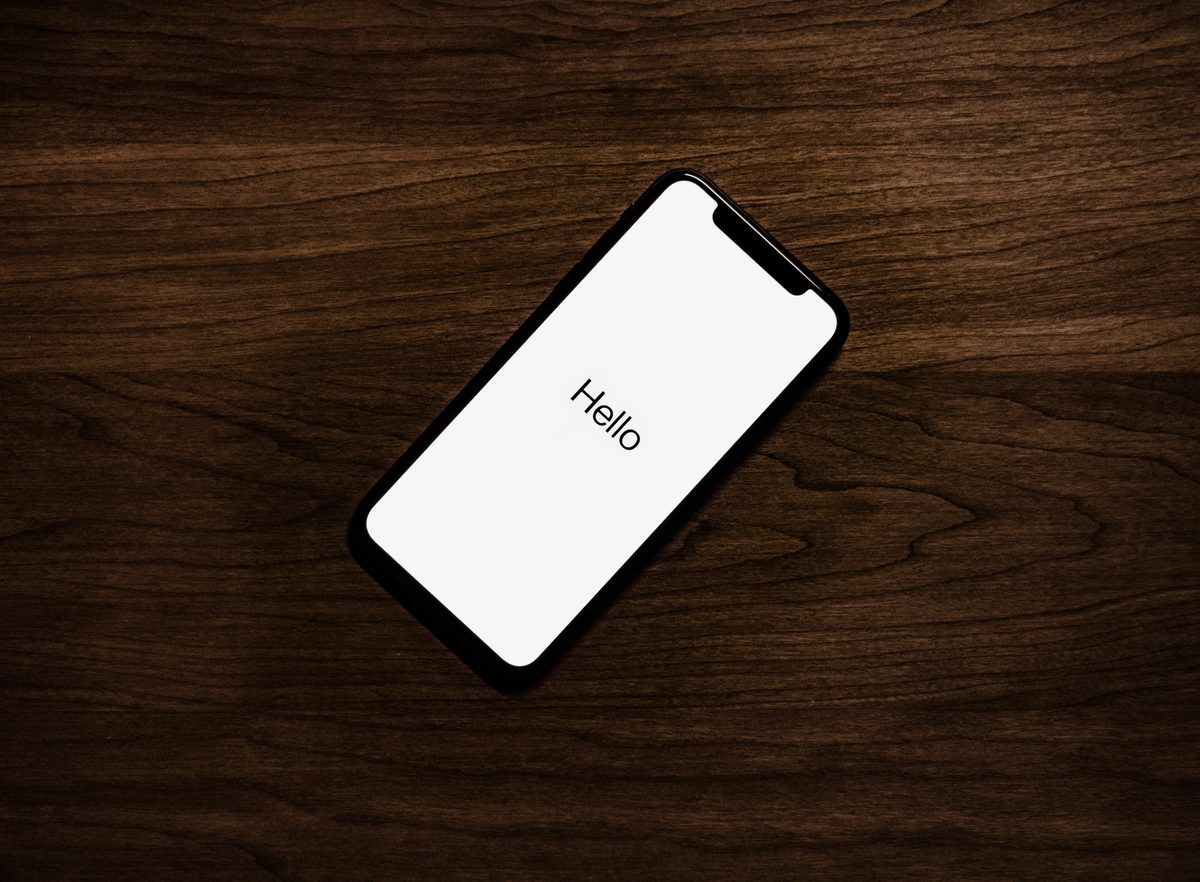
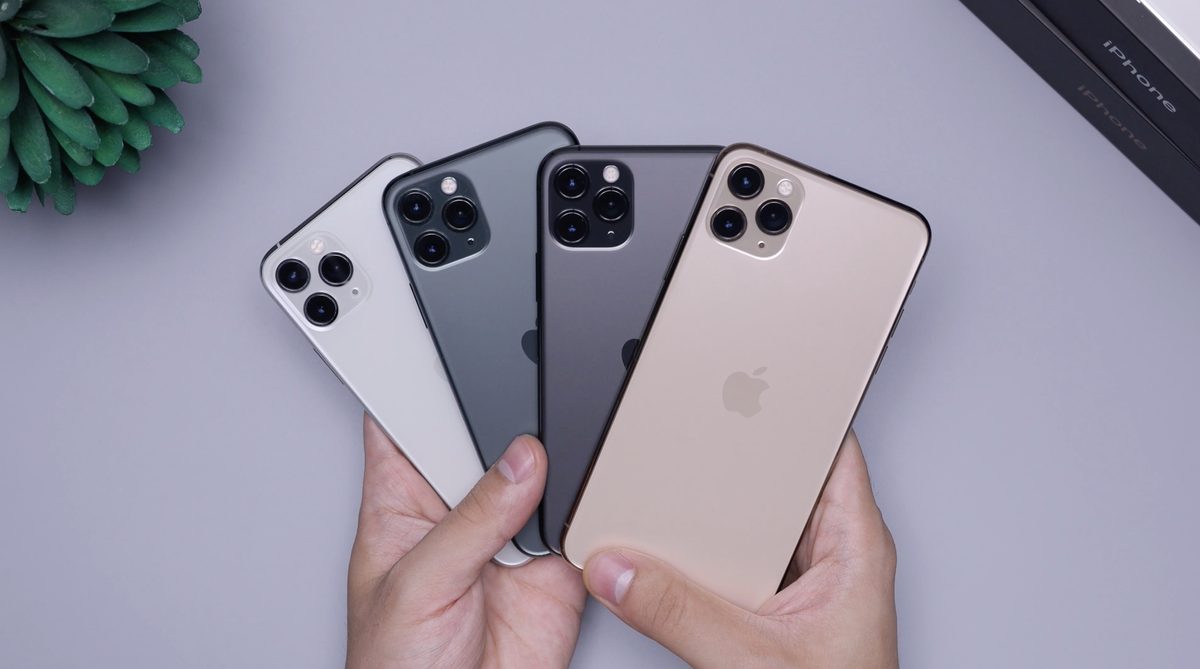









Apple’s new sales model of iDevice users renting their hardware rather than owning them (as if they ever did own them in effect), puts them in a position where they won’t have to allow other browsers/software on “their” devices.
This will be Apple’s work-around to the app store monopoly busters in the EU.
When you rent out instead of sell outright your products, you have absolute dictatorial control over them in perpetuity. The Apple core DNA.
When you rent something you have very little say on what you may do with it.
I’ll believe it (Apple allowing other engines) when I see it, and I really hope to see it. Along with third-party app stores and that kind gentleman that sold me a bridge recently.
It might be a chance for the iPhone to become less useless if you can install uBlock Origin.
Not sure why you need uBO particularly (I like uBO, but it is not a requirement to block rubbish).
Any or all of these work:
– Install a blocker like Adguard, or 1Blocker.
– Set-up a nextdns profile and install the mdm to ios.
– Use a browser with a blocker built in (Brave, etc…)
There are other apps that can help out as well.
Public AdGuard DNS server works wonders on Android. Blocks in apps ads and more.
Safari supports adblockers. There is 1Blocker, Wipr etc. They work perfectly fine.